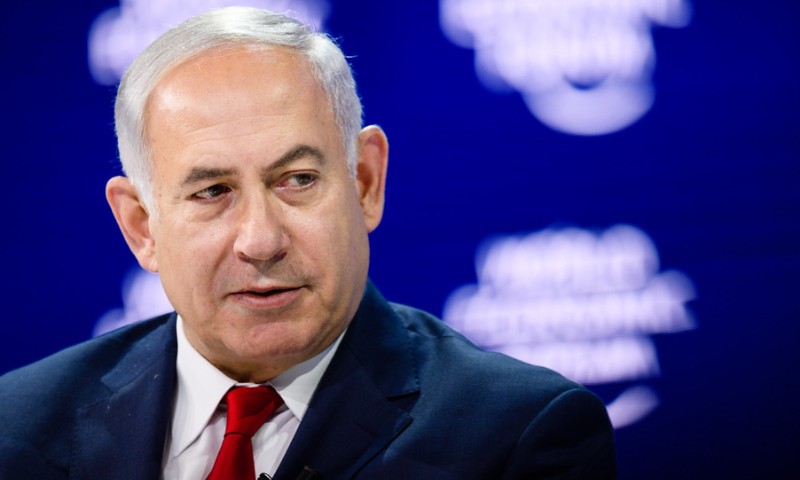Joseph Epstein and Alex Grinberg
Newsweek, Apr. 30, 2025
“For Turkey, a conflict with Israel would isolate it from the U.S. and NATO, turn Syria—which it wants to rebuild—into the prime theater of battle and get Ankara kicked out of the F-35 fighter jet program. It could also risk heightened Israeli and U.S. support for Syrian and Turkish Kurdish groups, which Turkey sees as a separatist threat.”
Early next month Israeli Prime Minister Benjamin Netanyahu is set to travel to Azerbaijan, marking his first visit to a Muslim country since the start of the war against Hamas on Oct. 7, 2023.
Netanyahu has not traveled much since the war started, visiting only the United States and Hungary. A wartime leader can only afford to leave when necessary—and visiting Azerbaijan is a necessity.
The Times of Israel reported that Netanyahu will focus on two key issues—mediation with Turkey to avoid conflict in Syria and expanding the 2020 Abraham Accords with Israel to Azerbaijan.
The addition of Azerbaijan to the Abraham Accords—an idea first published last December in Newsweek—has caught on in Israeli, U.S. and Azerbaijani circles. Ruling coalition Knesset members, top Azerbaijani diplomats, influential US rabbis and Netanyahu himself have all discussed the possibility of Baku being the latest to join the accords.
Unlike the other Abraham Accords nations—the United Arab Emirates, Morocco, Sudan and Bahrain—Azerbaijan has not only established relations with Israel but may be its closest ally after the United States. ….SOURCE


